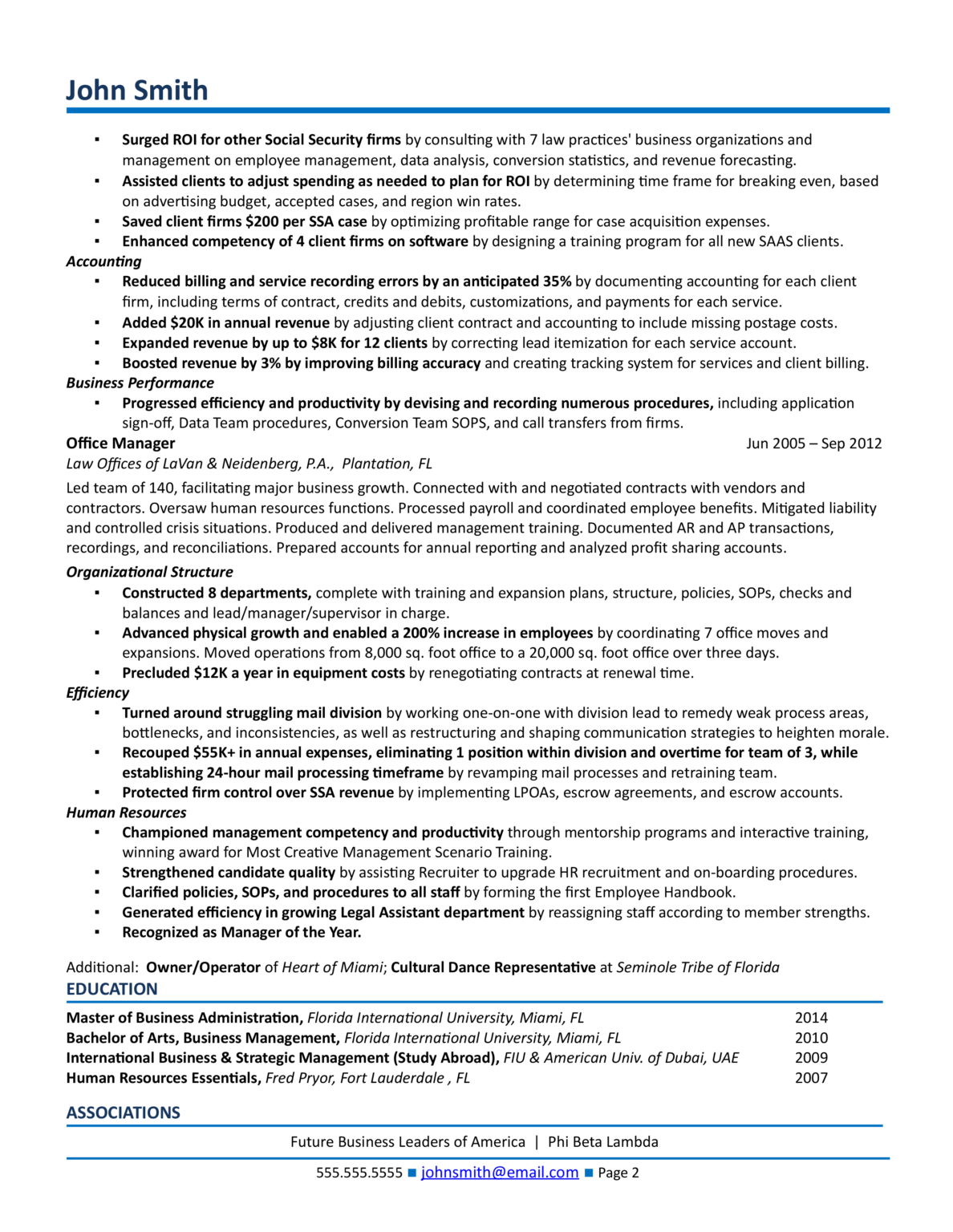How To Become Director Of Operations? Career Tips Inside

Becoming a Director of Operations is a prestigious career goal that requires a combination of strategic thinking, leadership skills, and operational expertise. As a senior executive, the Director of Operations plays a crucial role in overseeing the day-to-day activities of an organization, ensuring that it runs efficiently and effectively. In this article, we will delve into the key aspects of becoming a Director of Operations, including the essential skills, qualifications, and career tips to help you achieve this coveted position.
Key Points
- Develop a strong foundation in operations management, including supply chain management, logistics, and procurement.
- Cultivate leadership skills, such as strategic thinking, communication, and problem-solving.
- Gain relevant work experience in operational roles, with a focus on process improvement and team management.
- Stay up-to-date with industry trends and best practices, including technology and innovation.
- Network with professionals in the field and seek mentorship from experienced Directors of Operations.
Understanding the Role of a Director of Operations

The Director of Operations is responsible for overseeing the operational aspects of an organization, including supply chain management, logistics, procurement, and facilities management. This role requires a deep understanding of the organization’s goals, objectives, and strategies, as well as the ability to analyze complex data and make informed decisions. A Director of Operations must also possess strong leadership skills, including the ability to motivate and manage teams, communicate effectively with stakeholders, and drive process improvement initiatives.
Essential Skills and Qualifications
To become a Director of Operations, you will need to develop a range of essential skills and qualifications, including:
- A bachelor’s degree in a relevant field, such as business administration, operations management, or supply chain management.
- Proven experience in operational roles, with a focus on process improvement and team management.
- Strong analytical and problem-solving skills, with the ability to analyze complex data and make informed decisions.
- Excellent communication and leadership skills, with the ability to motivate and manage teams.
- Strong strategic thinking and planning skills, with the ability to align operational activities with organizational goals and objectives.
| Key Skills | Required Experience |
|---|---|
| Operations Management | 5-10 years |
| Leadership and Team Management | 3-5 years |
| Strategic Planning and Analysis | 2-3 years |
| Communication and Stakeholder Management | 2-3 years |

Career Tips and Strategies

To become a successful Director of Operations, you will need to develop a range of career tips and strategies, including:
- Building a strong network of professionals in the field, including attending industry events and conferences.
- Seeking mentorship from experienced Directors of Operations, who can provide guidance and support.
- Staying up-to-date with industry trends and best practices, including technology and innovation.
- Developing a strong understanding of organizational goals and objectives, and aligning operational activities with these priorities.
- Focusing on process improvement and team management, with a emphasis on driving efficiency and effectiveness.
Industry Trends and Best Practices
The operations management field is constantly evolving, with new trends and best practices emerging all the time. Some of the key trends and best practices to watch include:
- Digitization and automation, including the use of artificial intelligence and machine learning.
- Sustainability and environmental management, including reducing waste and carbon emissions.
- Globalization and supply chain management, including managing complex international supply chains.
- Lean and agile methodologies, including streamlining processes and improving efficiency.
What are the key skills required to become a Director of Operations?
+The key skills required to become a Director of Operations include operations management, leadership and team management, strategic planning and analysis, and communication and stakeholder management.
How can I develop the necessary experience and skills to become a Director of Operations?
+To develop the necessary experience and skills, you can focus on building a strong network of professionals in the field, seeking mentorship from experienced Directors of Operations, and staying up-to-date with industry trends and best practices.
What are some of the key trends and best practices in operations management?
+Some of the key trends and best practices in operations management include digitization and automation, sustainability and environmental management, globalization and supply chain management, and lean and agile methodologies.
In conclusion, becoming a Director of Operations requires a unique blend of technical, business, and leadership skills, as well as a deep understanding of operational principles and industry trends. By developing a strong foundation in operations management, cultivating leadership skills, and staying up-to-date with industry trends and best practices, you can set yourself on the path to success in this prestigious and challenging role.



